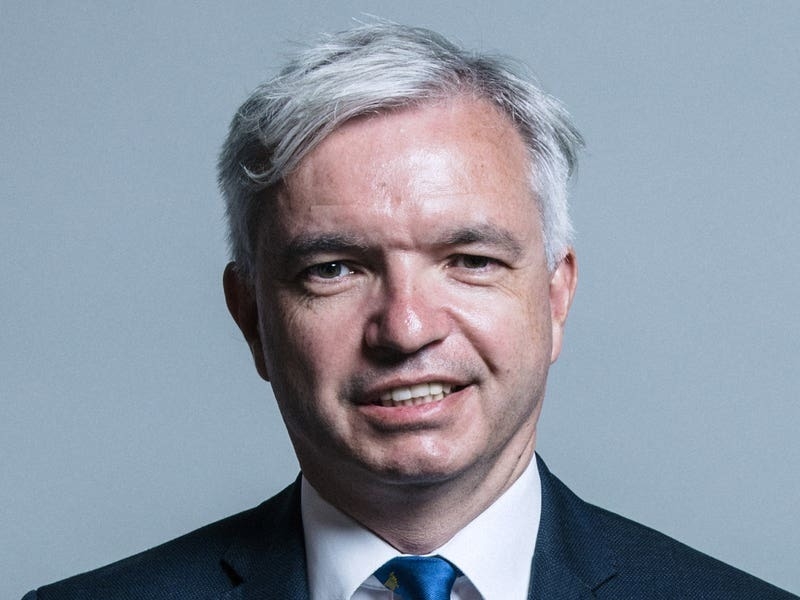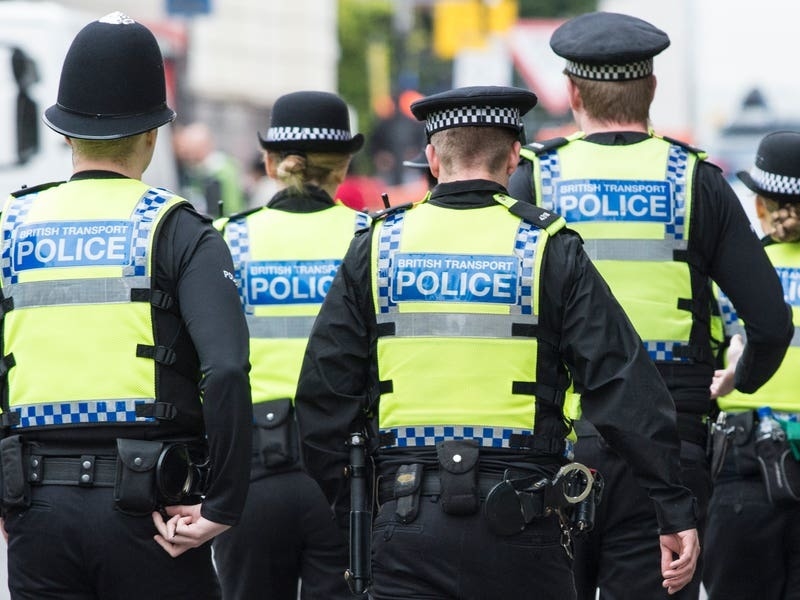Conditions to grant immunity for Troubles offences as part of a bid to deal with Northern Ireland’s violent past could be further strengthened, a minister has indicated in the face of condemnation.
Speaking in Parliament, Lord Caine said he was “sympathetic” to a number of proposals made by peers aimed at tightening the rules around what has been branded an amnesty by critics and sparked widespread opposition.
The Tory frontbencher signalled his willingness to make further concessions on the contentious provision as he was called on again at Westminster to ditch the “irredeemable” Northern Ireland Troubles (Legacy and Reconciliation) Bill.
Victims and survivors supported by the South East Fermanagh Foundation (SEFF) travelled to Westminster this week where they met with MPs and peers to highlight their deep concerns about the Government’s proposals.
The proposed law would provide immunity for people accused of crimes during the Troubles, as long as they co-operate with a new truth recovery body, known as the Independent Commission for Reconciliation and Information Recovery (ICRIR).
The Bill would also halt future civil cases and inquests linked to killings during the conflict.
Lord Caine stressed individuals could still face prosecution if they failed to provide full information or cooperate with the commission.
Among the proposals to strengthen the process was a cross-party amendment led by Labour former Northern Ireland secretary Lord Hain that would impose “licence” conditions on immunity, which could be revoked if breached.
This would include if the person was considered a danger to the public, was found to have harassed a victim or sought to benefit financially from the offence.
Meanwhile, former deputy DUP leader Lord Dodds of Duncairn put forward an amendment that would allow crimes for which immunity had ben granted to be taken into account in sentencing for post-Troubles offences.
Responding, the minister said: “I am very happy to commit to considering this further and sitting down with them to discuss this.
“I am very sympathetic to the intent behind both those amendments.”
Baroness O’Loan, who was the first Police Ombudsman in Northern Ireland, argued the immunity provision should be stripped from the Bill completely.
She cast doubt that the measure would achieve the Government’s aim of providing the truth for victims, arguing perpetrators would wait until the five years of the commission are up or give limited information in exchange for immunity.
The independent crossbencher said: “Why would they tell what they know? They don’t need to. They just need to sit it out.”
In a separate move, Lady O’Loan proposed the imposition of an obligation on the commission to seek all information in relation to verifying a person’s account for immunity.
Lord Caine said: “I am open very much to exploring that further with her about how this issue might be appropriately addressed.”
Lord Eames, the former archbishop of Armagh and Primate of All Ireland, said the immunity measure was causing “heartache, united opposition and destroying hopes of reconciliation back in Northern Ireland”.
Lord Dodds said: “No matter what improvements we make to this Bill, it is in their view and certainly in my view, our view, irredeemable in its terms, its fundamental aspects as a piece of legislation.
“Whatever we do in relation to justice and victims and getting at the truth, it cannot be right to have at the heart of Government policy, a piece of Government legislation, the idea of immunity from prosecution of those who have committed crimes in the United Kingdom.”
Liberal Democrat Baroness Suttie said: “As currently drafted the proposals for immunity in this Bill have caused a great deal of distress and anxiety to so many victims by potentially closing the door to hope.
“It’s the maintenance of that hope that justice could be done that has been so vital to so many victims and their families.”
Labour former Northern Ireland secretary Lord Murphy of Torfaen said: “This part of the Bill goes fundamentally against the rule of law.”
He added: “My plea still is – drop it.”
But Lord Caine said: “The difficult reality is that the prospect of successful prosecutions is vanishingly small and a single-minded focus on them offers the prospect of achieving very little for families and wider society.”






